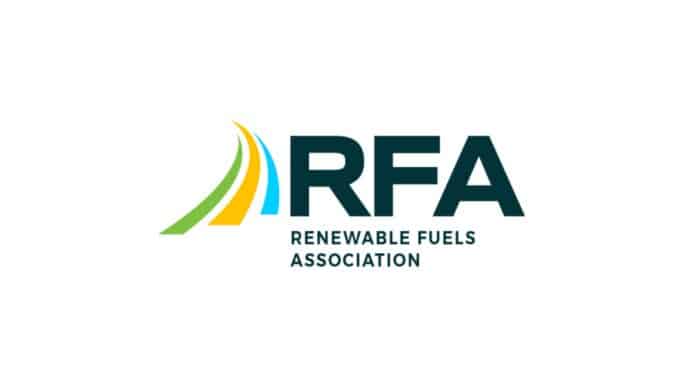In testimony today before the U.S. Environmental Protection Agency’s Science Advisory Board (SAB), Renewable Fuels Association President and CEO Geoff Cooper challenged the SAB’s recent flawed commentary on the climate impacts of corn ethanol and the Renewable Fuel Standard (RFS). Specifically, Cooper urged the SAB to review EPA’s own analysis showing a significant reduction in cropland since the RFS was enacted and Argonne National Laboratory’s extensive research demonstrating ethanol’s significant carbon savings.
“We adamantly disagree with the SAB’s assertion that ‘the best available science’ suggests there are ‘minimal climate benefits’ associated with using corn ethanol in place of gasoline,” Cooper said. “Indeed, the best available science shows just the opposite. Extensive research conducted by government laboratories, major universities, state and federal agencies, NGOs, and private lifecycle analysis experts all demonstrates that corn ethanol is 40-50 percent less carbon intensive than petroleum on a full lifecycle basis—including emissions from hypothetical land use change scenarios.”
Argonne’s latest work, Cooper said, found that average corn ethanol reduces GHG emissions by 44 percent compared to gasoline. The Argonne researchers noted that corn ethanol “can play a critical role in the U.S. desire for deep decarbonization of its economy.”
And while the SAB questioned cropland expansion, suggesting the “facts are difficult to pin down,” Cooper noted that In 2010, EPA began quantifying U.S. agricultural cropland every year to determine whether any expansion has occurred beyond 2007 levels as a result of the RFS. “EPA’s assessments clearly show a steep downward trend in the amount of land dedicated to crops since 2007,” Cooper said. “U.S. cropland continues to shrink—not expand. This fact is incontrovertible.”
Cooper concluded by calling on the SAB to supplement its commentary after conducting a much more expansive and inclusive examination of the science on corn ethanol’s carbon footprint and said that the board should specifically consider recent lifecycle analyses from DOE, USDA, state air agencies, academia, and other sources to evaluate what is really happening in today’s corn ethanol industry.
Click here for Cooper’s comments at the public meeting. Click here for RFA’s initial comments when the SAB draft commentary was released last month.


